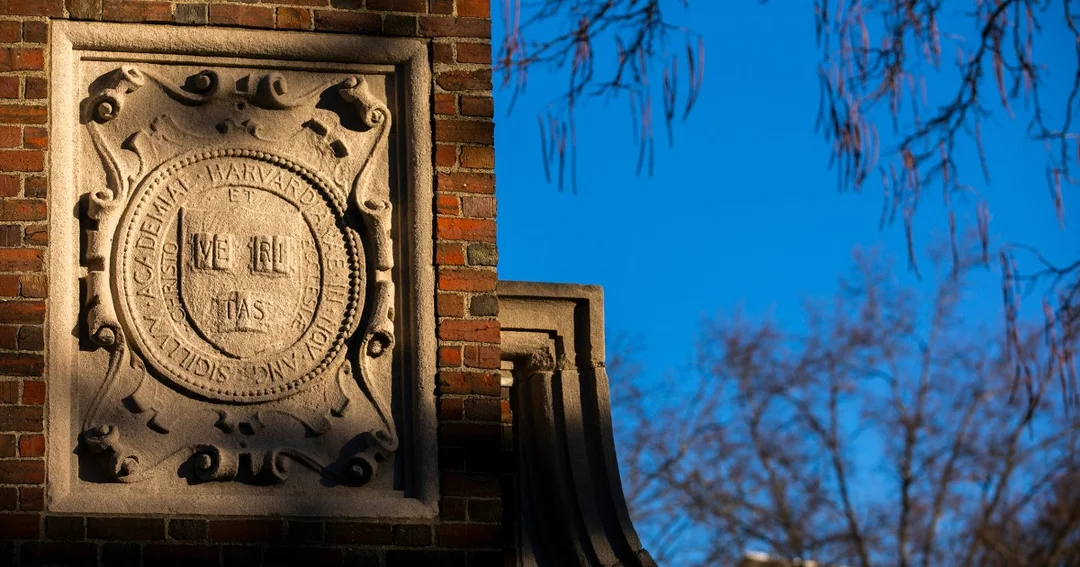
Is Harvard on the Brink of Losing Its Tax-Exempt Status? The Shocking Details Inside
In a dramatic escalation of hostility between the Trump administration and Harvard University, the Internal Revenue Service (IRS) is reportedly planning to revoke the prestigious institution's tax-exempt status. This unprecedented move comes amid broader attacks on the autonomy of higher education institutions, raising significant concerns about academic freedom and federal overreach.
On Tuesday, former President Donald Trump called for the revocation of Harvard's tax-exempt status following the university's refusal to comply with a series of demands issued by the administration. “Perhaps Harvard should lose its Tax Exempt Status... if it keeps pushing political, ideological, and terrorist inspired/supporting ‘Sickness?’” Trump asserted in a post on his social media platform, Truth Social.
The IRS's intentions appear to stem from allegations that Harvard has failed to act in the public interest, a core requirement for maintaining tax-exempt status. Harrison Fields, a spokesperson for the White House, insisted that the IRS had begun investigating Harvard prior to Trump's statement, claiming independence in their processes. Despite these assurances, analysts warn that any move to strip the university of its tax-exempt status would set a dangerous precedent for higher education across the nation.
Harvard stands as a beacon of academic excellence and independence, especially within the Ivy League. The university has firmly rejected the demands set forth by the Trump administration, emphasizing its commitment to uphold diversity and maintain its educational integrity. As Harvard President Alan Garber stated, “No government should dictate what private universities can teach... This undermines the very foundation of academic inquiry and freedom.”
Moreover, the stakes are incredibly high; losing its tax-exempt status could potentially cost Harvard billions in revenue. Donors would no longer be able to claim federal tax deductions for their contributions, while the university would be subjected to federal taxation on its extensive endowment investments. Nathan Goldman, a tax law professor, emphasized the dire consequences: “If Harvard loses this status, it could face significant financial constraints moving forward.”
As Harvard navigates this tumultuous situation, the implications extend beyond financial metrics. The backlash against Trump’s demands has united Ivy League institutions like Stanford and Columbia, which have expressed support for Harvard’s position, highlighting a growing concern regarding freedom of expression and academic autonomy under the current administration.
Furthermore, the Department of Homeland Security (DHS) has threatened to revoke Harvard's eligibility to host international students as part of an aggressive campaign against the university's autonomy. The DHS claims that the university harbors a hostile environment for certain students while demanding compliance with sweeping changes to admissions and hiring practices.
As the situation unfolds, it remains crucial for the public and academic communities to reflect on the inherent rights of educational institutions. As noted by Tyler Coward from the Foundation for Individual Rights and Expression, “It’s going to take an institution standing up for its own rights to put an end to this,” underscoring the urgency of defending academic freedoms in the face of political pressures. The question remains: How will Harvard respond to these continuous attacks on its independence, and what does it mean for the future of higher education in America?
Related issues news
Is Harvard University tax exempt?
The IRS has awarded tax-exempt status to almost 2 million organizations, ranging from universities like Harvard to charities such as churches and foundations. The designation exempts these groups from paying federal income taxes, while donations to these groups are considered tax-deductible by the IRS.
Can IRS remove tax exempt status?
The I.R.S. does at times revoke tax exemptions from organizations for conducting too many political or commercial activities, but those groups can appeal the agency's decision in court.
How many international students attend Harvard?
In 2024-25, 6,793 international students attended Harvard, making up 27.2% of the university's enrollment, according to institutional data.